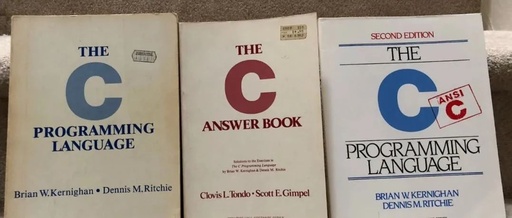Xiangteng NPU Chip [6] – Chip Usage Guide and Software Development Reference Materials Summary
The Xiangteng NPU chip HKN201 neural network processor is a domestically produced, high-performance, multi-core NPU processor launched by Xi’an Xiangteng Microelectronics Technology Co., Ltd., aimed at strong real-time, high-performance, and high-concurrency application scenarios.Applications of the HKN201 neural network processor chip can refer to the NPU chip inference case guidance and Linux platform application guidance documents. … Read more
![Xiangteng NPU Chip [6] - Chip Usage Guide and Software Development Reference Materials Summary](https://boardor.com/wp-content/uploads/2025/09/e619b3bf-04b3-4fde-988e-b8ffe7bffc17.jpg)








